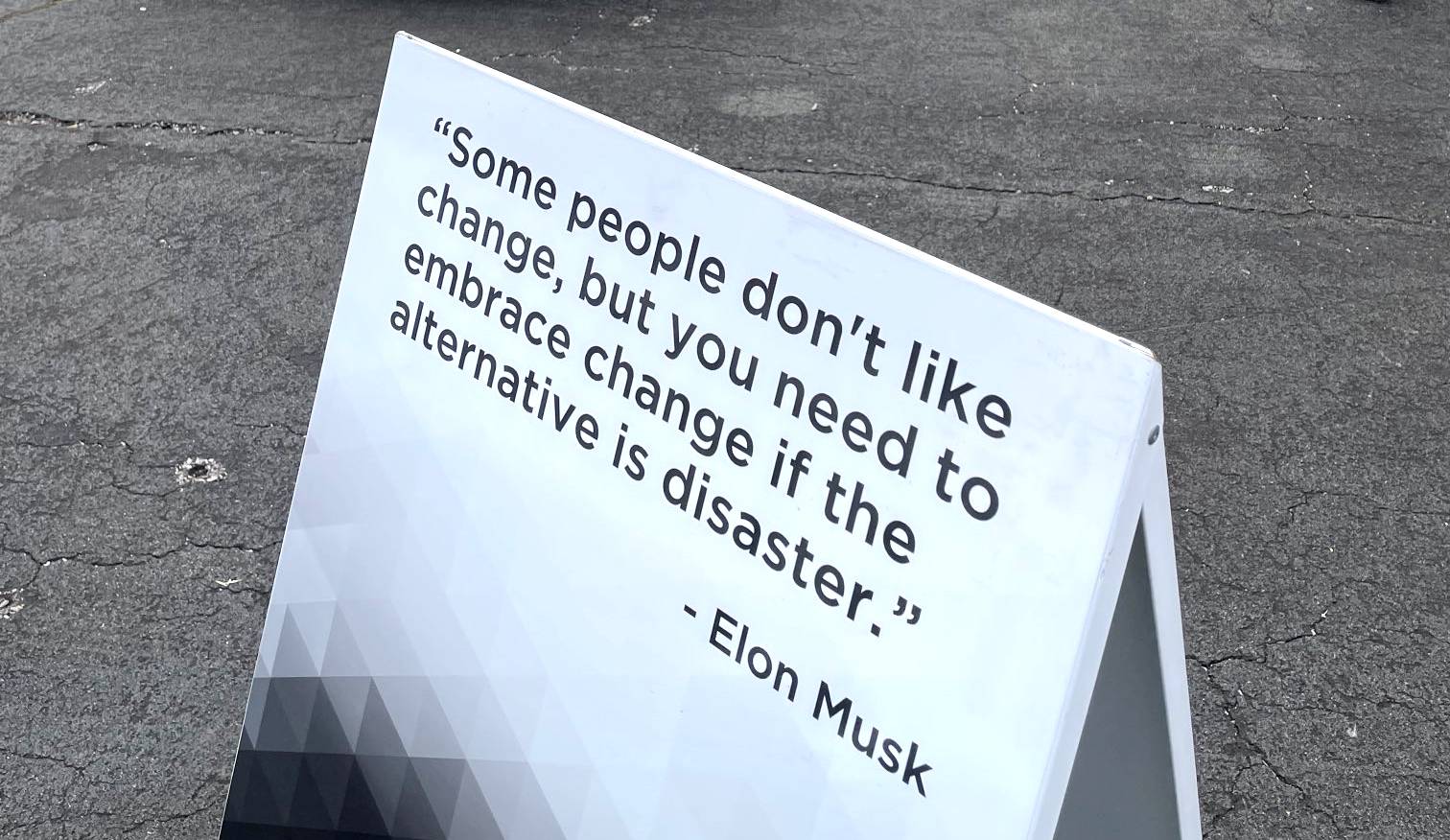Optechnological Solutionism

The issue of tech solutionism can be defined as “the belief that every problem has a solution based in technology”(Ezeny Moroz.
Insert what you want: (Education, religious practice, marketing, capitalism, democracy, the environment, disasters, agriculture, supply chains, transportation, peace, …) apparently, are are all broken, can and should be fixed with technology.
Technological Solutionism “recasts complex social phenomena like politics, public health, education, and law enforcement as neatly defined problems with definite, computable solutions or as transparent and self-evident processes that can be easily optimized—if only the right algorithms are in place!”. Natasha Dow Schüll.
Evgeny Morozov is skeptical. In his book, To Save Everything, Click Here: The Folly of Technological Solutionism, he critiques those who too readily embrace digital technology as a tool for freedom and democracy.
When the situation is enormously important, solutionists insist that the use of technology is the best way to fix problems: classification algorithms clarify the solution. Artificial Intelligence, based on huge volumes of data is all about statistical abstraction. However anything in the tails gets ignored as not important or relevant.
Historically, members of many of the Indigenous Cultures worked with or in relationships with the environment, the climate, available resources, other groups. Newcomers, in contrast, mostly worked to understand and govern, ‘improving’ things so they were better, more efficient, more productive.
The Bison story in Western Canada is a good example of understand and improve. Bison roamed at will, showing up when they came. The human population at the time, harvested them when they could and starved or looked for them when they didn’t show up. That was the way it was.
Later, when more meat and hides were needed domestically and internationally, when it was inconvenient to have Bison roaming through farms and settlements and railroads, Bison and their harvests were ‘organized’ and they disappeared. The relationships were gone.
The present science of Artificial Intelligence is ethnocentric, likely flawed. AI relies on the conceptual framework of understand and improve, and does not consider fundamentals from other cultures.
There is hope that the next generation of Artificial Intelligence products will acknowledge its western lens and incorporate other perspectives including the First Nations concept of working with. That’s good science.




Peter Bisson
Posted at 16:20h, 23 AprilThank you David!